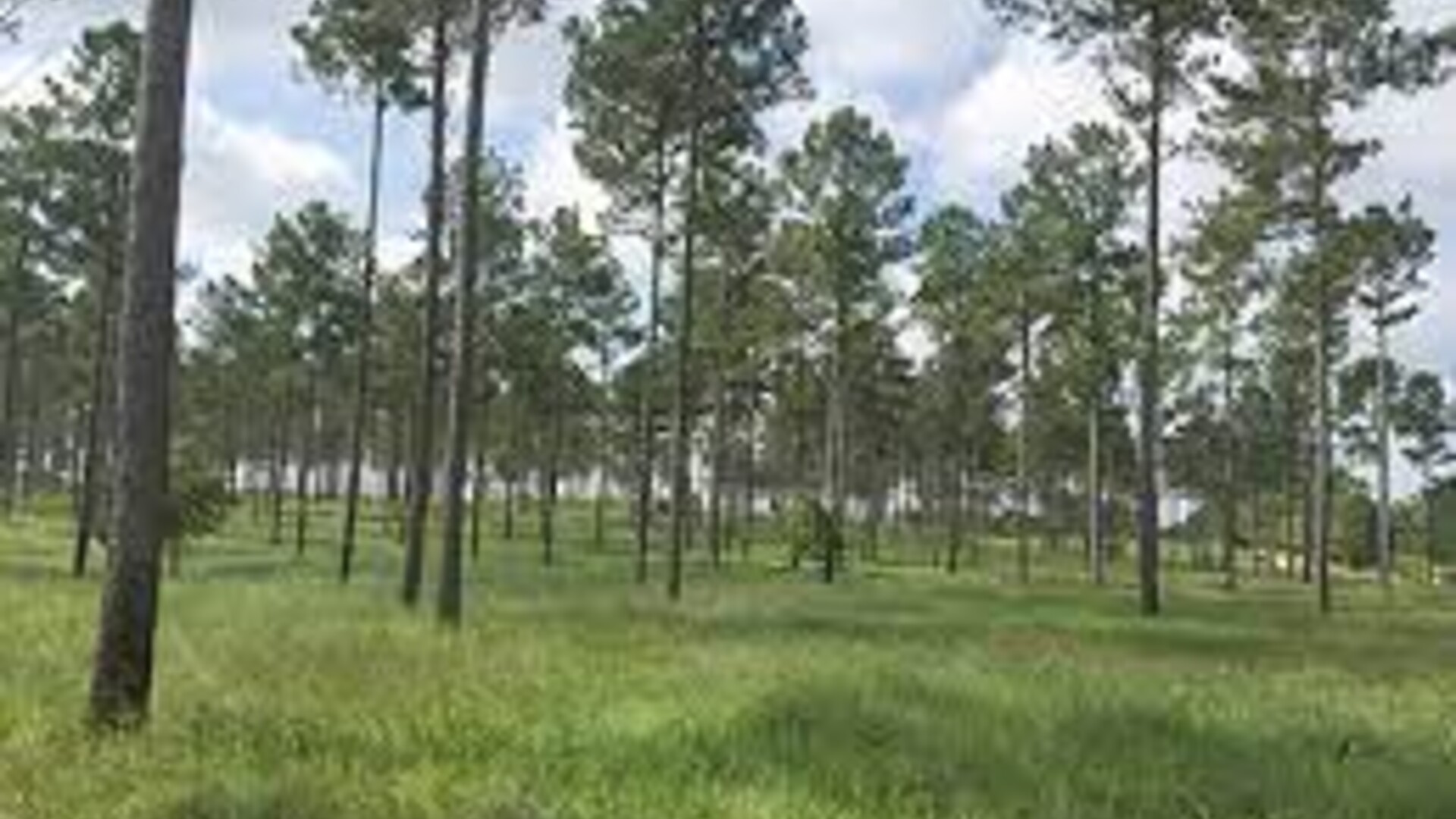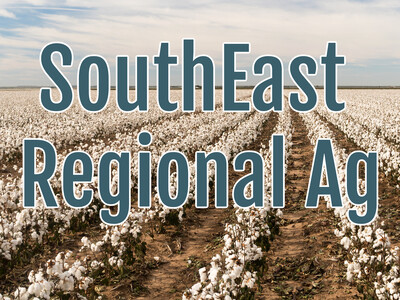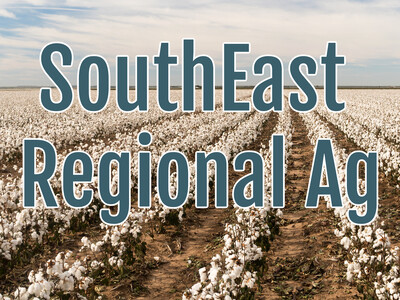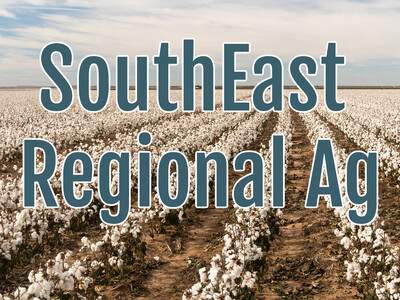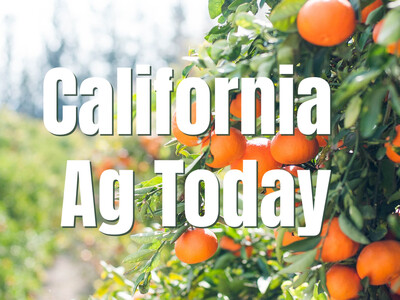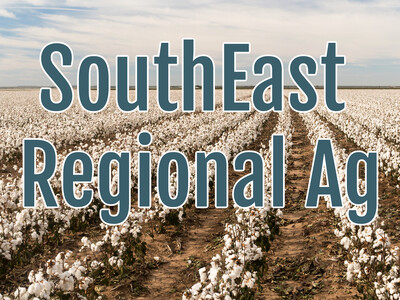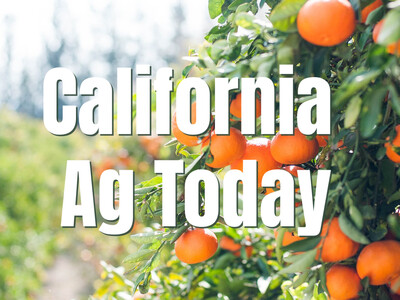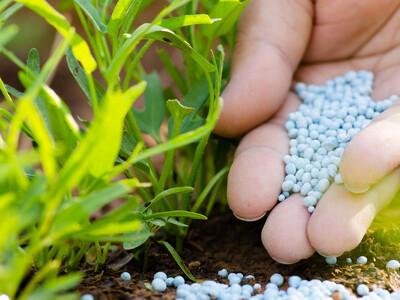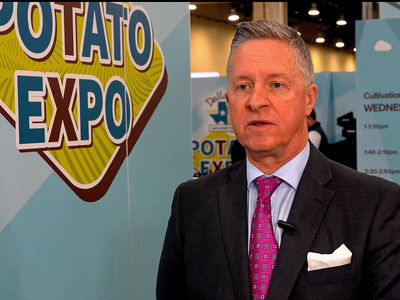House Ag Forestry and Carbon Markets
It is most important that agriculture be the point of the spear in dealing with climate change.
No entity on earth is more dependent on the climate than agriculture. Our food production, the water we drink, the shelter from forestry, textiles for clothing.
That was the statement by Chairman David Scott opening a recent House Agriculture Committee hearing on Voluntary Carbon Markets in Agriculture and Forestry.
Forest carbon markets help landowners earn revenue by sequestering carbon in their forests.
However private forest operators and farmers still need more information and confidence in the carbon market programs.
Brian Luoma, President, and CEO of The Westervelt Lumber Company of Tuscaloosa Alabama. He spoke to the committee on behalf of the National Alliance of Forest Owners.
Luoma; “We need to continue to define what the opportunities are in this market, supporting funding in the USDA with the FIAA and the Forest Products Lab and the grant programs where we can do research and analysis and understand better what’s at play in the whole life-cycle analysis all the way to the built environment. There’s a tremendous amount of carb to be stored and sequestered in the forest while it’s working and then moved into the built environment where it gets stored for a long time. We don’t know a whole lot about how to do the accounting on that. A lot of people are working on it but funding within the USDA to help us do research there would be very helpful.
Carbon markets have gained bipartisan support as having the potential to make an impact on climate change. Forests have greater carbon sequestration benefits than almost any other type of production.


